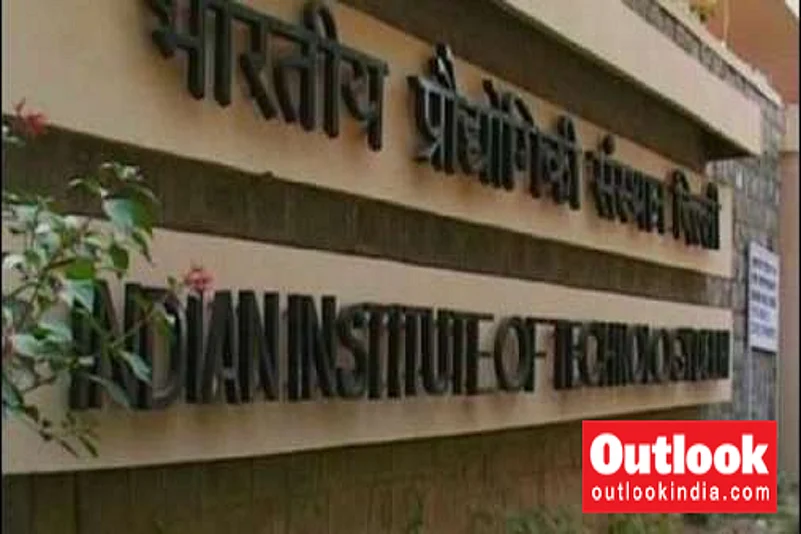IIT- BHU has seen the maximum number of seats going vacant, according to data collected by Human Resources Department of the central government. Since the past five years there has been noted a rising trend of unclaimed seats in these premium technical institutes.
HRD ministry said that except in 2014 the trend is visible and this has prompted them to set up a panel which made several recommendations to address the issue.
The committee, which was set up last year, submitted its report earlier this year.
According to the ministry data, of the nearly 11,000 seats across the IITs, a total of 274 seats remained vacant from 2013, which included 15 (in 2013), five in 2014, 39 in 2015, 96 in 2016 and 121 in 2017.
As far as IIT-BHU is concerned, it recorded maximum vacancies across all 23 Indian Institutes of Technology since 2013. It had 32 vacancies in 2017, 38 in 2016, 28 in 2015, three in 2014 and four seats in 2013.
The Indian School of Mines (which was upgraded to the status of an IIT in 2016) recorded 23 vacancies each in 2016 and 2017.
The IIT-Kanpur and the IIT-Hyderabad had all their seats taken between 2013 and 2017, while the IIT-Delhi recorded zero vacancy between 2013 and 2015.
In 2016 and 2017, the IIT-Delhi had two seats vacant in each year.
As far as IIT-Bombay is concerned, it had all its seats filled in 2013, 2014 and 2015, while had two vacancies in 2016 and one in 2017.
"In order to minimise the vacancies in IITs, NITs and other Centrally-Funded Technical institutions (CFTIs), the HRD ministry constituted a committee to recommend suitable measures," a senior ministry official said.
The committee recommended the institutions may review seats in each discipline based on employment opportunities, national requirement, available infrastructure and scope for future, he said.
"Some disciplines may be considered for closure or be kept in abeyance for a few years, if needed. New courses and disciplines may be introduced only after carrying out market opportunity analysis," he added.
The committee also recommended streamlining the counselling process by having multiple rounds as well as taking other pro-active measures such as launching helpline to facilitate students in making choices, officials said.
PTI


























